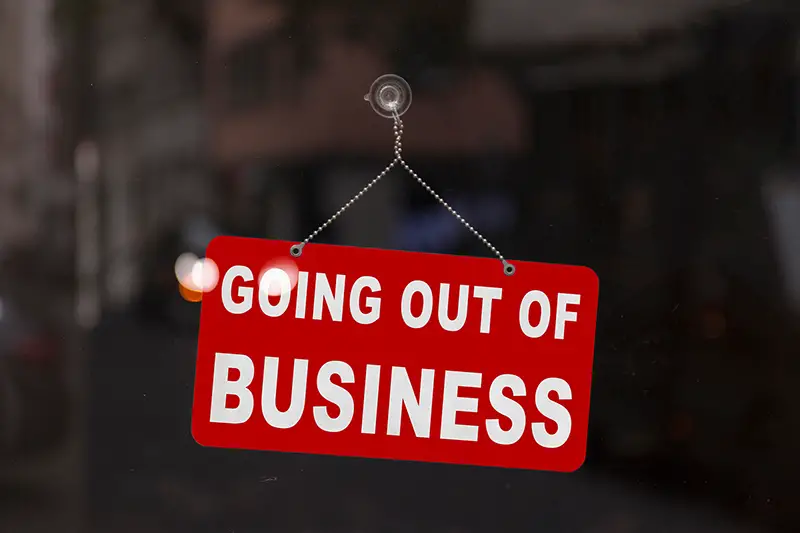Click here to get this post in PDF
Going into business for yourself offers a fresh start and a new perspective. At the beginning of your journey as a business owner, you probably can’t imagine ever wanting to shut the doors forever. However, times change, and knowing when to sell the business is just as important as realizing when an opportunity comes to start a company.
Financial Reasons
Financial matters play a major role in knowing when it’s time to sell your business. While you don’t want to permanently close the business at the first sign of financial issues, do consider taking action if the money problems continue. In other words, if the business isn’t making money, either at its start or in the way that it used to, you may need to close the company to avoid financial ruin. Another possibility is that you’ve found yourself in trouble with money at home. Selling the business can be a way to get enough money to address that situation.
Changing Markets
The need for the products or services that your business offers may simply have declined. Business trends change over time, especially if the company offers goods or services that have been replaced by technological advancements. Selling your business in these situations can feel difficult, particularly when that sense of nostalgia for the good old days kicks in. Keep in mind, however, that you may still be able to offer those products or services in reduced quantities. Instead of doing so from a storefront, though, you can continue business at home or on a freelance level.
Retirement
Not all reasons for selling a business are negative ones. Even when the business is still bringing in money and a demand exists for the goods that the store sells, you may simply have reached a point in your life when you want to retire. Retirement is certainly a good reason to sell the business. Entering retirement could mean less regular income, so the profits from the sale of the business can help out.
Some business owners do choose to pass the company on to a relative or close friend. Even if doing so is your plan, you could consider making a reduced-price sale instead of simply handing the business over. Proceeding in this fashion can be a fair approach for both of you.
Shifting Work Spaces
One lesson that many business owners have learned in recent years is that all work does not necessarily need to be performed in an office setting. Further, a number of employees are happy and eager to work from home. Assess how many of your employees could technically do their jobs entirely from home.
In this situation, you aren’t closing the business itself, but you are selling the physical property. You might choose to rent a smaller space for those employees who absolutely have to come to the office, or you may decide to move everything online.
Knowing when to sell your business is not an easy feat, especially when you’ve loved the company’s journey. Some signs exist, though, that you’re getting to the point of putting the business on the market. As long as there is no emergency need to sell, take your time, consider the options, and make the decision when you feel that doing so is right.
You may also like:
7 Things to Consider When Selling Your Business
Everything You Need to Know About Selling Your Company
Image source: Shutterstock.com

